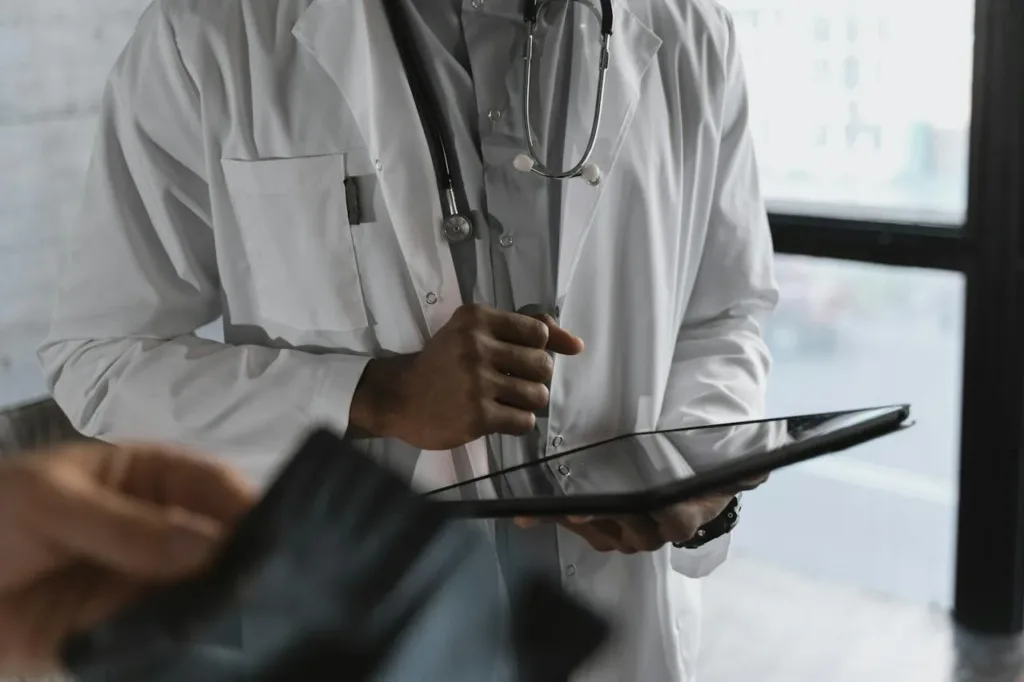Malaria is a disease caused by the Plasmodium parasite, transmitted through infected mosquitoes. It is prevalent in certain regions, particularly in tropical and subtropical areas.
The Impact of Malaria
Malaria can lead to severe symptoms, including fever, chills, and flu-like illness. In some cases, it can progress to severe complications, affecting vital organs and posing a significant health risk.
Malaria Prophylaxis: A Preventive Approach
Definition
Malaria prophylaxis refers to preventive measures taken to minimize the risk of contracting malaria. It involves the use of medications and adopting strategies to reduce exposure to mosquito bites in malaria-endemic regions.
Medications
Several medications are available for malaria prophylaxis. These drugs work by suppressing the Plasmodium parasite in the bloodstream, preventing the onset of the disease. Commonly prescribed medications include chloroquine, atovaquone-proguanil, doxycycline, and mefloquine.
Choosing the Right Medication
The choice of malaria prophylaxis medication is a critical decision influenced by various factors.
Travelers must consider:
- Their destination
- The specific type of Plasmodium prevalent in that area
- Their individual health status
Each of these factors plays a pivotal role in determining the most suitable prophylaxis option. Consulting with a healthcare professional is of utmost importance to make an informed decision tailored to the individual’s unique circumstances.
A thorough assessment by a medical expert ensures that the chosen medication aligns with the traveler’s health profile, maximizing its efficacy and minimizing potential side effects. The right choice in malaria prophylaxis contributes significantly to a traveler’s overall health and well-being during and after their visit to malaria-endemic regions.
Importance of Malaria Prophylaxis
Prevention is Key
Malaria prophylaxis is essential for individuals traveling to malaria-endemic regions. Prevention is the cornerstone of addressing malaria, as there is no foolproof cure once the disease has taken hold.
Minimizing Health Risks
Adhering to malaria prophylaxis recommendations is a fundamental step in minimizing the health risks associated with malaria.
- Travelers who diligently follow the prescribed preventive measures can significantly reduce their risk of contracting the disease.
- This is particularly crucial because malaria has the propensity to progress rapidly, leading to severe complications if not addressed promptly.
- By maintaining strict adherence to the prescribed prophylaxis, individuals create a robust defense against the potential life-threatening consequences of malaria.
Prioritizing health and following medical advice are essential components of a comprehensive strategy to safeguard against the risks posed by this infectious disease.
Factors to Consider
Travel Destination
The risk of malaria varies by geographic location. It is crucial to assess the prevalence of malaria in the specific region to determine the necessity and type of prophylaxis required.
Medication Adherence
Consistent and proper use of malaria prophylaxis medication is paramount for its effectiveness in preventing malaria.
- Travelers should strictly adhere to the prescribed dosage and complete the entire course, even after returning from the malaria-endemic area.
- Deviating from the recommended medication schedule or prematurely discontinuing the prophylaxis can compromise its efficacy, leaving individuals vulnerable to the risk of contracting malaria.
- The Plasmodium parasite, responsible for malaria, has the potential to develop resistance to certain medications, making strict adherence crucial in ensuring the long-term success of malaria prophylaxis.
Mosquito Bite Prevention
In addition to medication, adopting measures to prevent mosquito bites is crucial. This includes using insect repellent, wearing long sleeves and pants, and staying in accommodations with proper mosquito protection.
Additional Considerations
Pre-Travel Health Consultation
Before embarking on a journey to a malaria-endemic area, it is advisable to schedule a pre-travel health consultation with a healthcare professional. This consultation allows for a thorough assessment of individual health, travel plans, and the most suitable prophylaxis approach.
Special Considerations for Vulnerable Populations
Certain populations, such as pregnant women and young children, may require special considerations in malaria prophylaxis. It is essential to discuss specific requirements and potential risks with a healthcare provider to ensure the safety of vulnerable individuals.
Common Questions
Q1: Is malaria prophylaxis necessary for all travelers to tropical regions?
A1: Malaria prophylaxis is recommended for travelers to malaria-endemic areas. The necessity depends on the specific destination, and consultation with a healthcare professional is crucial to determine the appropriate preventive measures.
Q2: Are there side effects associated with malaria prophylaxis medications?
A2: Yes, like many medications, malaria prophylaxis drugs may have side effects. It is important to discuss potential side effects with a healthcare provider before starting the medication and report any adverse reactions promptly.
Q3: Can pregnant women take malaria prophylaxis?
A3: The safety of malaria prophylaxis during pregnancy varies based on the medication. Pregnant women should consult with their healthcare provider to identify suitable options and potential risks to both mother and baby.
Conclusion
Malaria prophylaxis plays a pivotal role in safeguarding individuals against the risks associated with malaria.
A few last points:
- It involves a combination of medication and preventive measures to minimize the likelihood of contracting the disease.
- Travelers to malaria-endemic regions should prioritize consultation with healthcare professionals to determine the most appropriate prophylaxis strategy for their specific circumstances.
- Remember, prevention is key in protecting yourself from the potentially severe consequences of malaria.

